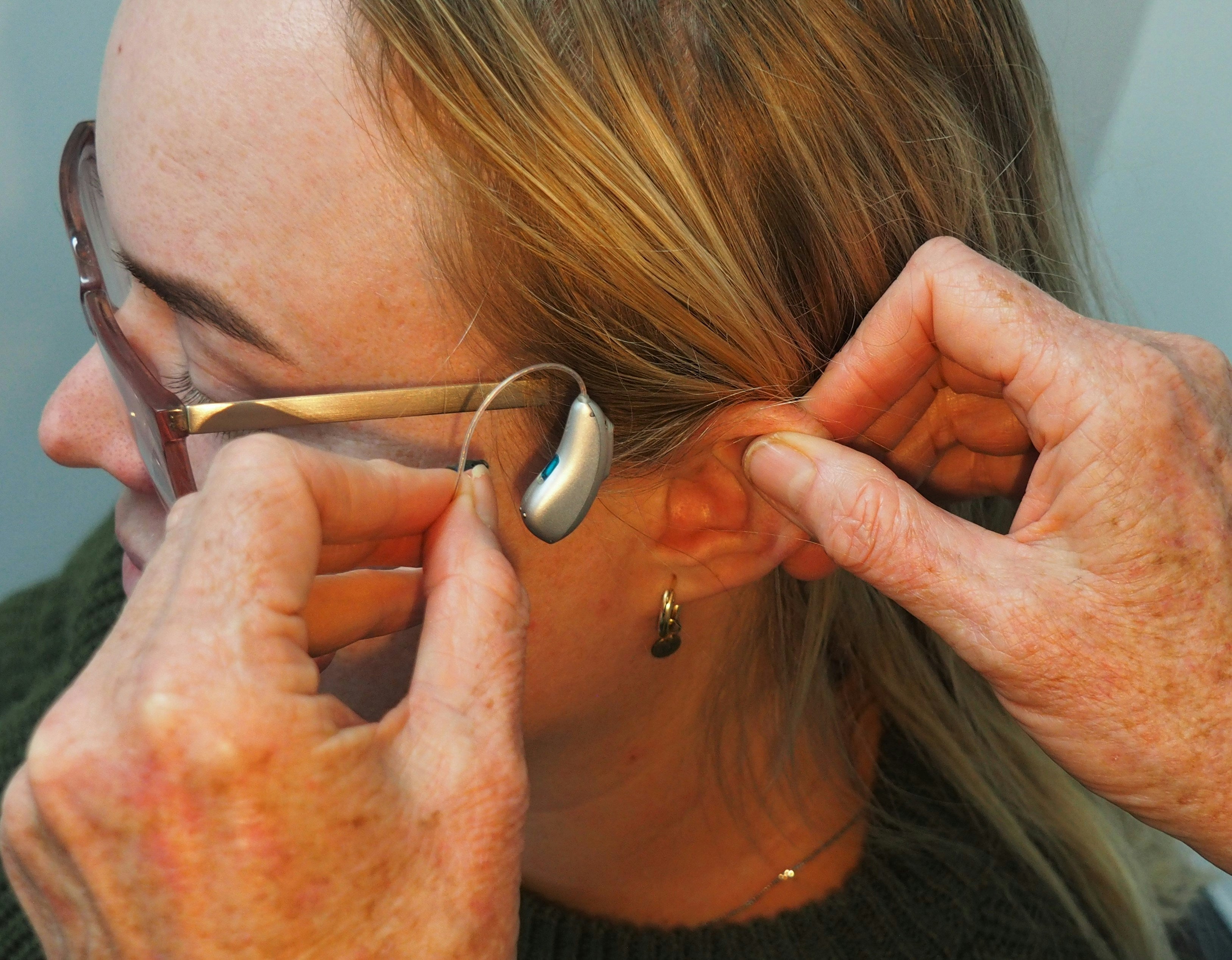Hearing aids 101: the ultimate guide to choosing the perfect device for you
Amplifying Your Life: A Step-by-Step Guide to Selecting Your Hearing Aid

The Independent was not involved in the creation of this sponsored content.
Finding the right hearing aid can impact your quality of life. With many devices available, selecting the perfect one may seem daunting
To simplify the process and provide advice on choosing the most suitable hearing aid based on your needs, lifestyle, and preferences, this guide will explain what to look for when selecting a hearing aid. It will also detail the latest advancements in hearing aid technology and how these innovations enhance sound quality, connectivity, and the wearer’s overall experience.
You should consult an audiologist or hearing healthcare professional for a comprehensive hearing assessment before selecting a hearing aid. These professionals will determine the type and degree of your hearing loss and identify any underlying conditions that may require additional medical attention. With this information, your audiologist will recommend the best hearing aid options for your unique situation.
To choose the perfect hearing aid, it’s important to consider the following factors:
- Activity Level: Your daily activities and hobbies play a significant role in determining the best hearing aid for you. A sweat and water-resistant device with advanced noise-reduction capabilities might suit you best if you lead an active lifestyle and enjoy various sports and outdoor activities.
- Durability: Depending on your job or hobbies, durability may be important. Some hearing aids are more robust and can withstand rougher handling, while others are designed more delicately.
- Aesthetics: Hearing aids come in various styles, from behind-the-ear (BTE) to completely-in-the-canal (CIC) models. Consider how visible you are comfortable with your hearing aid being, as some devices are less noticeable than others.
- Budget: Hearing aids can vary significantly in price, so it’s a good idea to find a device that suits your budget while not sacrificing quality. Many hearing healthcare professionals offer financing options, making it easier to afford the perfect device for you.
- Insurance for Hearing Aids: Sometimes, your medical insurance may cover part or all of the costs associated with buying a hearing aid. Check with your provider on the extent of your coverage and if any specific requirements need to be met.
There have been significant advancements in hearing aid technology over the past few years, with devices becoming more sophisticated and user-friendly. Innovations in sound processing algorithms have improved sound quality, allowing for what you hear to sound more natural. Additionally, advanced noise reduction features help hearing aid users better understand what people are saying in noisy environments.
Another notable advancement is connectivity. Many hearing aids now offer seamless integration with smartphones, enabling users to stream phone calls, music, and other media directly to their assistive devices. This wireless connectivity also allows you to make adjustments remotely while fine-tuning your hearing aid settings, providing a more personalized setup for you.
Lastly, rechargeable hearing aids are gaining popularity as they allow users to do away with disposable batteries, offering greater convenience.
As you navigate the journey offinding the perfect hearing aid, remember to focus on what hearing assistive device will suit your lifestyle best. Take the time to consult with a hearing healthcare professional or audiologist, evaluate your preferences, and explore the latest offerings and the technological advancements they offer to ensure you make the best decision for your hearing needs.
